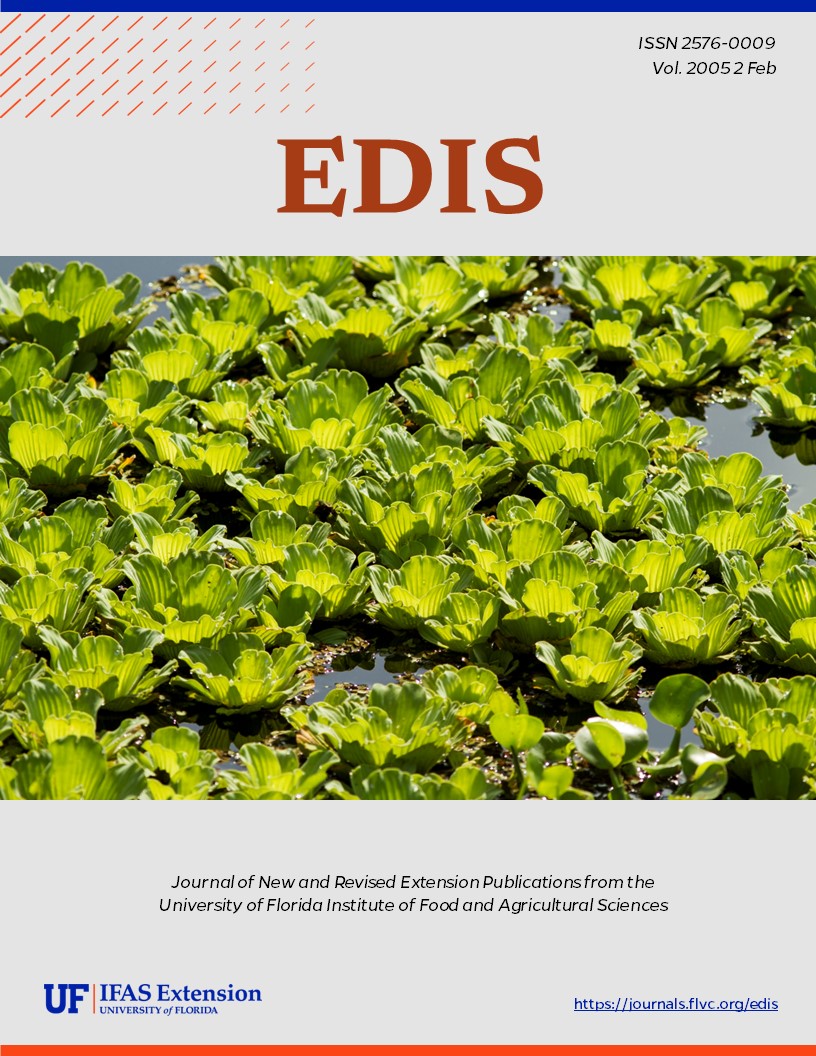Abstract
The pigeon louse fly, Pseudolychia canariensis (Macquart), is a common ectoparasite of pigeons and doves. The louse flies (Hippoboscidae) are obligate blood-feeding ectoparasites of birds and mammals. Both adult males and females feed on the blood of their host. They are adapted for clinging to and moving through the plumage and pelage of their hosts. Strongly specialized claws help them cling to the hair or feathers of their particular host species. Pigeon flies retain their wings for their entire adult life. Others species are wingless (like sheep keds) or lose their wings once the newly emerged adults find a host (deer keds). This document is EENY-307, one of a series of Featured Creatures from the Entomology and Nematology Department, Florida Cooperative Extension Service, Institute of Food and Agricultural Sciences, University of Florida. Published: September 2003.
References
Soulsby EJL. 1968. Helminths, Arthropods, and Protozoa of Domesticated Animals. Williams and Wilkins Co., Baltimore, MD. p.692
Theodor O. 1975. Diptera pupipara; Fauna Palaestina-Insecta I. The Israel Academy of Sciences and Humanities, Jerusalem, Israel. 170 pp.

